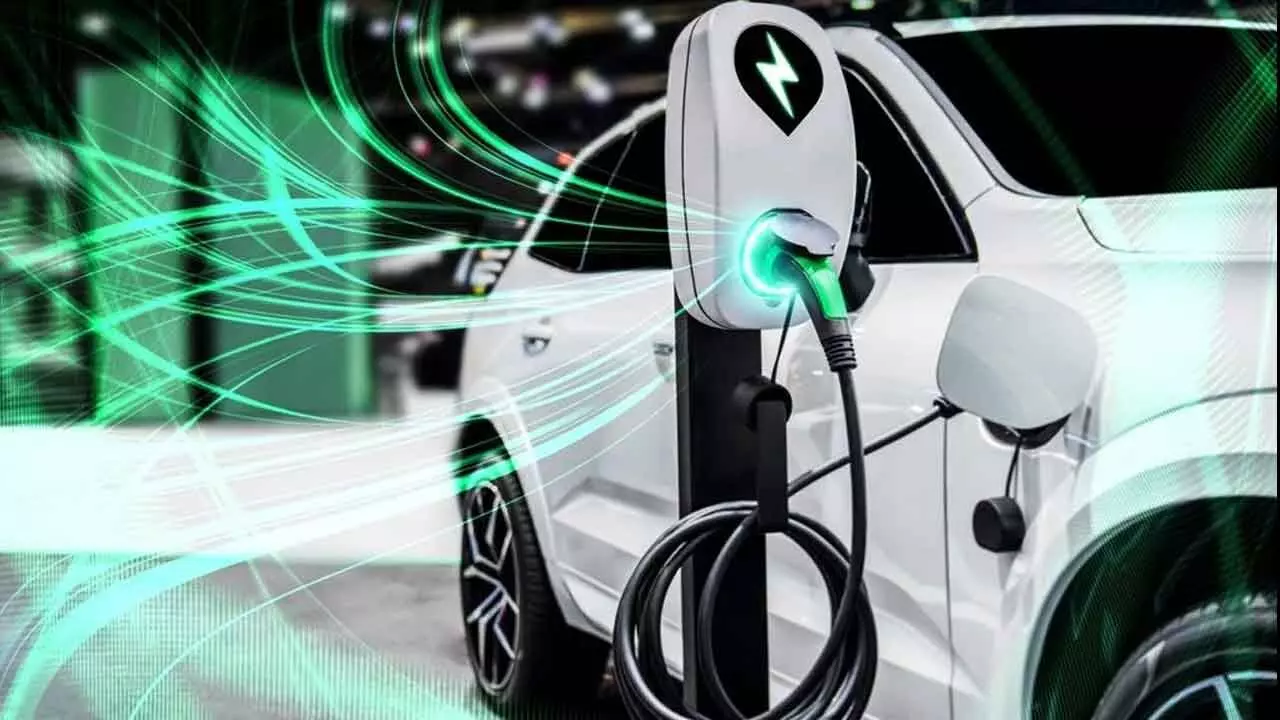India’s EV Mkt Poised For Rapid Growth, Backed By Green Finance
By addressing financial barriers, supporting infra development, and incentivising manufacturing and adoption, green financing accelerating the transition to clean mobility
India’s EV Mkt Poised For Rapid Growth, Backed By Green Finance

Green financing is crucial to overcoming barriers like high upfront costs and limited infrastructure in India’s electric vehicle (EV) market. Financial institutions are providing low-interest EV loans, leasing models, and flexible payment schemes, making ownership more accessible.
Additionally, green bonds, venture capital, and government-backed programs are funding startups and manufacturers, enabling production and infrastructure expansion.
Talking to Bizz Buzz, Kartik Gupta - Head DTC, Ecofy & Head Autovert said, “Tailored financing solutions, such as pay-as-you-go models and battery-swapping credits, address consumer-specific needs, fostering widespread adoption. Partnerships between automakers and financial institutions are also streamlining purchase processes, ensuring affordability. By bridging financial gaps and promoting inclusivity, green financing accelerates the transition to clean mobility, laying the foundation for a sustainable EV ecosystem.”
India’s electric vehicle (EV) sector is on track for exponential growth in 2025, driven by government policies, technological advancements, and shifting consumer preferences. Initiatives such as the PM E-Drive Yojana, Production-Linked Incentives (PLI), and state-level subsidies have reduced costs and incentivised adoption. The decline in battery prices has particularly impacted the affordability of two and three-wheelers, which dominate India’s market.
Investments in charging infrastructure by public and private players have eased range anxiety, while increased environmental awareness and rising fuel costs are pushing consumers toward sustainable alternatives. As local manufacturers expand production and global players introduce cutting-edge technology, India is poised to become a global hub for EV innovation and manufacturing, driving clean mobility and economic growth.
Ashok Vashist - CEO and Co-Founder, WTiCabs said, “Green financing is pivotal in overcoming financial barriers and catalyzing sustainable growth in the EV sector. It enables investment in EV charging infrastructure, such as fast chargers and solar-powered units, reducing risks for developers and facilitating large-scale rollouts.”
He further said, “Green financing also incentivises local EV manufacturing by funding production facilities, localising supply chains, and supporting startups in innovating vehicle design, battery technologies, and energy management systems.”
“At the State and local levels, it aids in the electrification of public transport systems, including buses and metro networks, while promoting urban mobility projects like dedicated EV lanes and smart city hubs. By aligning investments with Environmental, Social, and Governance (ESG) criteria and leveraging international climate funds, green financing attracts global capital and accelerates EV adoption, especially in underserved regions, fostering a robust and sustainable mobility ecosystem in India,” he added. Investments from both public and private sectors are driving the development of charging networks, including innovative solutions like battery swapping, mobile charging units, and solar-powered charging stations, which are bridging infrastructure gaps.
Growing environmental awareness among individuals and businesses is further encouraging the adoption of EVs, particularly among younger, eco-conscious consumers and fleet operators seeking sustainability and long-term savings.
Additionally, integrating renewable energy sources such as solar and wind to power EV charging stations is significantly reducing the carbon footprint of electric vehicles, aligning the sector with global sustainability goals.

